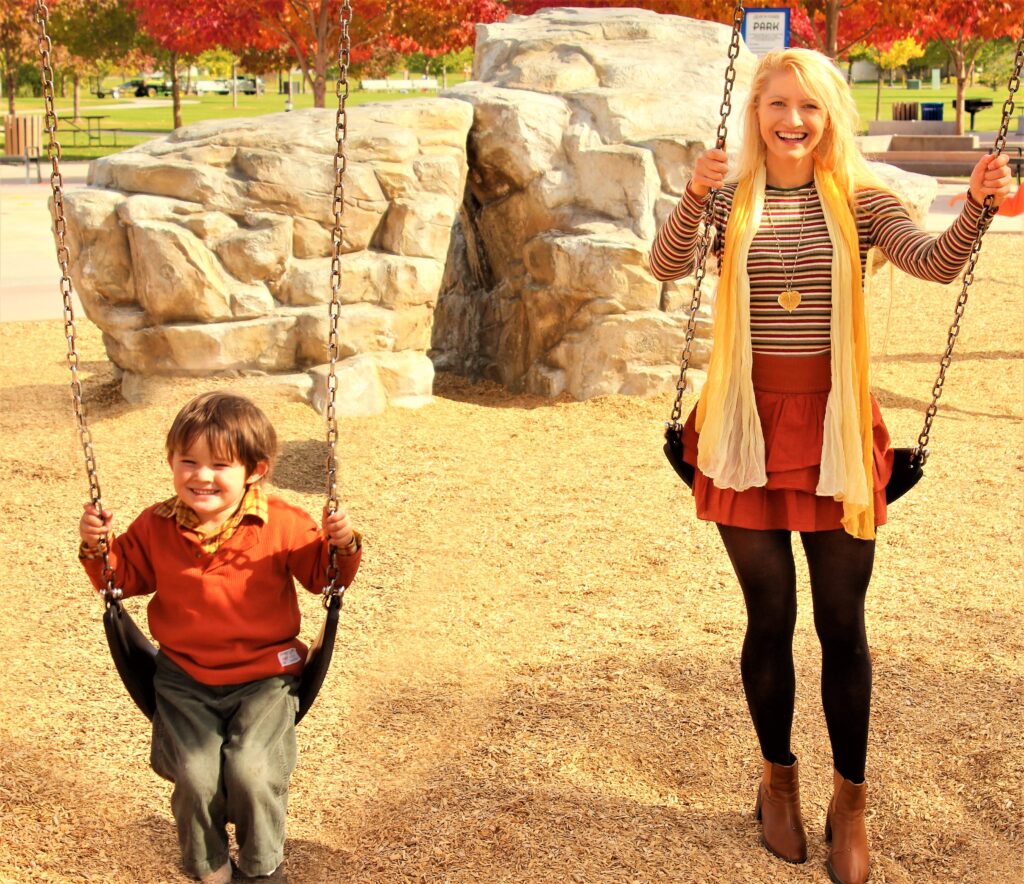Noticing and being intentional about how you communicate can lead to better results within all relationships and especially between parents and children. How we talk to our kids can have a big impact on their behavior and our relationship. Different situations call for different uses of language; sometimes we need to give clear instructions, other times we may use choices or questions, and sometimes making a statement is the best option.
Giving Instructions
There are many moments in parenting where you have to make things happen and get your kids to do something they may not want to do. Parents have to give instructions many times a day, there is no getting around that. However, if this makes up the majority of the interactions you have with your kid, they might get frustrated or exhausted or check-out. We want to use instructions when it’s necessary but not overdo it. Here are some examples of when you may need to give instructions:
- When there is a safety concern
- When there is not another option
- When there is a rule in place that cannot be bent
- When there is a time crunch to do something important
Examples of instructions:
- Brush your teeth
- Put your shoes on
- Get in the car
- Put your toys away
- Do not walk into the street

Asking Questions
Sometimes you don’t need to give your kids direct instructions but instead can ask them a question. If you are asking kids a question that involves if they want to do something, you are giving them the opportunity to say no (e.g., do you want to brush your teeth?). If you are not willing to accept the answer no then you may need to phrase it as an instruction rather than a question. Giving kids choice and sharing control can have many benefits. Asking certain questions can help move them in the direction they need to go with less resistance. For example;
- What toothpaste do you want to use tonight?
- What shoes do you want to wear today?
- Do you want to bring a toy with you in the car?
- Would you like some help putting your toys away?
- Does that feel safe to you?
Asking questions can be a great way to get kids thinking. We don’t always want to give kids the answer, we want them to think for themselves. Asking them questions can be a great way to get their wheels turning, this can help with executive functioning skills and social skills. Questions can also be a way to connect with them. Here are some examples;
- What do you think would happen if you never brushed your teeth?
- Why do you suppose school wants kids to wear shoes?
- How would you want to get to school if we didn’t have a car?
- What is your favorite toy?
Remember that questions can come across as positive or negative depending on the situation and the child. Bombarding kids with lots of questions can be overwhelming. It’s important to be responsive to your own child’s needs in the moment and determine what kind of language would be most helpful for them. If your child is not responding to your questions, or refusing to engage then you may want to switch your approach.

Making Statements
Making statements or using declarative language can have multiple benefits. First of all, for kids who may be exhausted with demands or instructions, making statements can be a useful alternative. For kids who are looking for a lot of shared control and autonomy, these statements can be very helpful. Some kids tend to shut down, tense up or get defensive when faced with demands. Demand avoidance often shows up for kids who are particularly sensitive to perceived control or coercion. Using declarative statements can help to lower the pressure. It also can have added benefits of helping your child with executive functioning and planning and learning from the environment around them.
Using declarative language can reduce the perception of control and instead create shared control, shared experience and social reciprocity. This can lead to more back and forth conversations which can build relationships and social learning. These conversations can also build language skills and encourage curiosity. Problem solving skills and social inference skills can also be encouraged through the use of declarative statements. Find the moments when you can encourage your child to observe their environment and make comments and statements about what is happening.
Here are some examples:
- Your toothbrush is on the counter
- I love being barefoot too
- I wonder what it would be like if we could fly to school
- I had fun playing with you
Other starter phrases to use declarative language with your child:
- I noticed…
- It smells like/sounds like/looks like..
- My favorite part was…what about you?
- I’m feeling…
- I’m wondering what would happen if…
- I’m thinking about…
How we talk to our children is important. And sometimes we don’t get it right. But we can learn from our mis-steps and be aware of our own patterns of communication. Pay attention to when you are using instructions, questions or statements. Are you willing to notice when one approach is not working and can you adapt to try another way?


